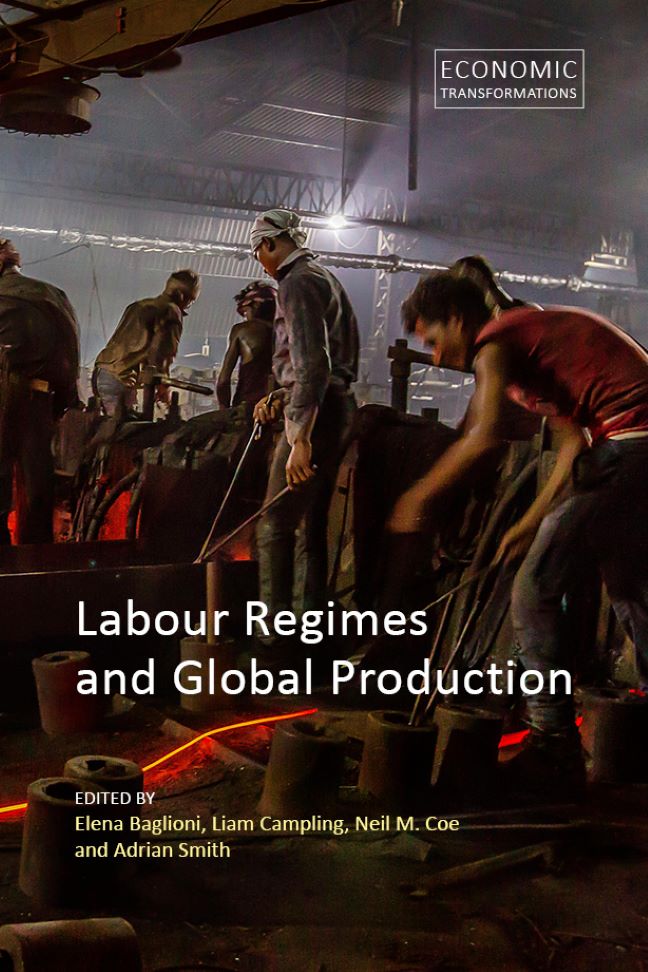14 - Labour Regimes and Trade-Based Integration
Published online by Cambridge University Press: 20 January 2024
Summary
Introduction
Writing in 2021, the relationship between trade and labour has become especially apparent. An immediate example is the post-Brexit EU– UK trade arrangement, which brought this relationship to the fore through concerns to ensure that the United Kingdom did not deviate in ways that might give it a competitive trade advantage over the European Union by not maintaining sufficiently high labour standards. Another example is the claims of the Trump and Biden administrations in the United States to put the American worker at the centre of US trade policy. But these issues have always been present, beyond the headlines, in the deep history of international trade policy (see Smith et al. 2021).
Trade, and the range of multi-, bi-and unilateral agreements between states that aim to deepen economic relationships, can be understood as instruments designed to enlarge spaces for the integration of economic life that fundamentally shape work and employment. Free trade agreements (FTAs) are an integral contemporary mechanism by which deepening trade integration occurs, and, more broadly, reconfigure spaces for the accumulation of capital, including through the production and exchange of goods across jurisdictions. In so doing, they are powerful forces in the reconfiguration of workplace and employment practices, and in reshaping labour regimes.
Conventionally, trade liberalization has been seen as “bad” for labour, a position that has structured leftist politics on FTAs for many years, often leading to oppositional positions. Indeed, one explanation for the rise of labour provisions, such as the European Union's trade and sustainable devel-opment (TSD) chapters in its recent FTAs, is that trade governance was seeking to ameliorate some of the worst consequences of trade integration for workers by requiring trade partners to align with international labour standards (see Smith et al. 2021). Others note the role of trade integration in increasing aggregate demand for labour and the numbers of workers in employment, especially in global value chain trade (e.g. World Bank 2020). But a perspective starting with global production networks would always caution that any such sweeping assessments are nuanced by the sectoral and production network-specific consequences of trade integration, and their differential impacts on various groups of workers – requiring, essentially, that we acknowledge the uneven socio-economic distributional consequences of trade and GPN integration.
- Type
- Chapter
- Information
- Labour Regimes and Global Production , pp. 247 - 268Publisher: Agenda PublishingPrint publication year: 2022
- 1
- Cited by

